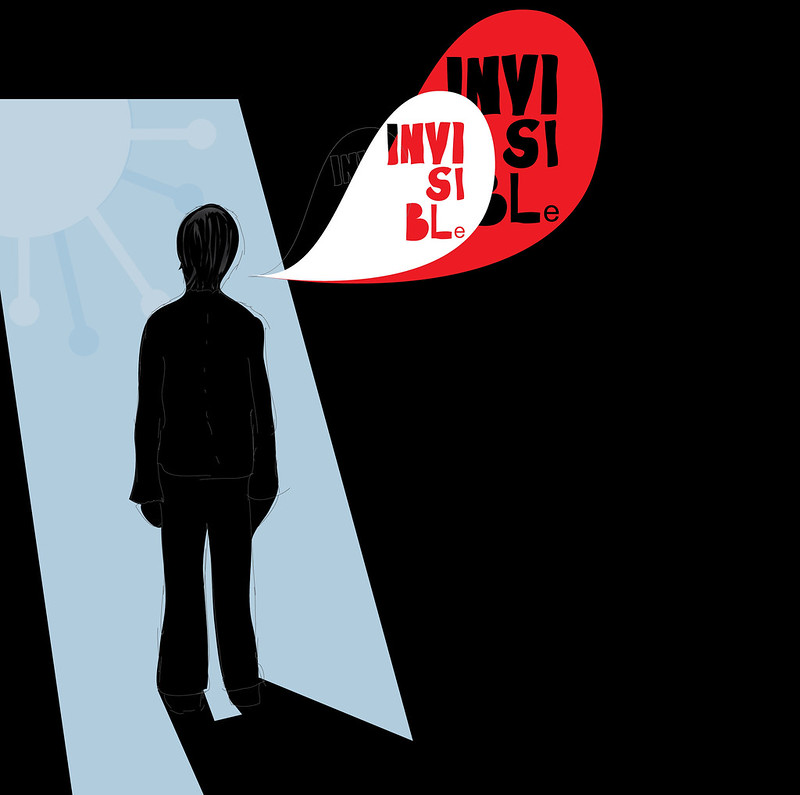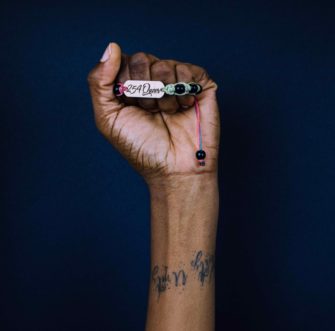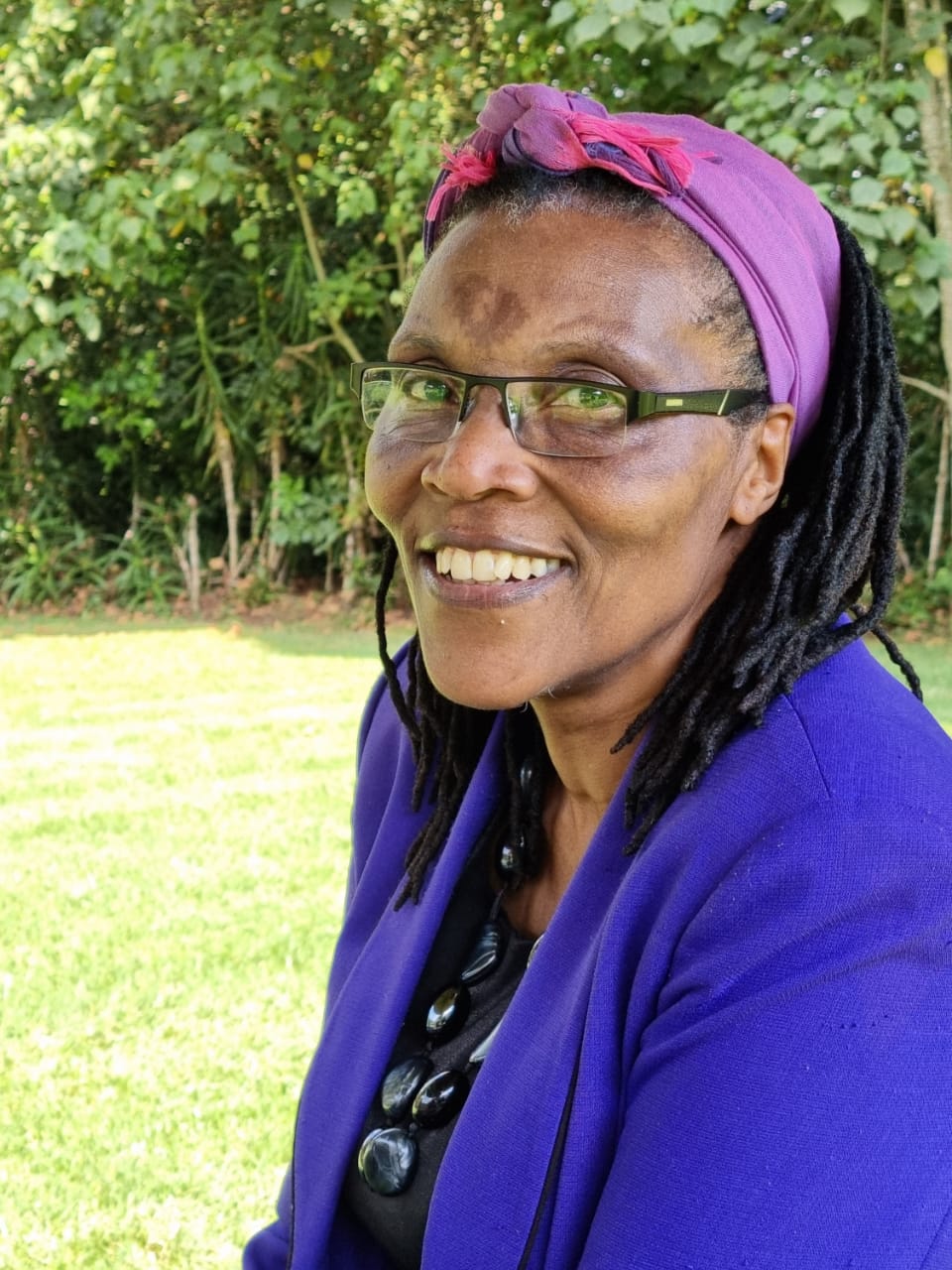
Discussions concerning LGBTIQ+ rights in African countries are about bodies and not abstract or theoretical issues. They are about bodies who have been described via the languages of colonialism and the colorized. Such bodies have been the battleground where colonial processes have worked themselves out, and, as such, LGBTIQ+ bodies have been sites of both colonial production and knowledge and of struggle against colonialism. Religious leaders, at various times, have acted as supporters of LGBTIQ+ struggles for recognition as well as opponents. Religious leaders who have supported LGBTIQ+ persons have aimed to make visible LGBTIQ+ bodies and promoted public policies in keeping with that aim. Religious leaders, however, also sometimes hold stigmatizing attitudes towards the bodies of marginalized populations, and the resultant public policies they have promoted have reflected these biases. In this post, I focus on the way that LGBTIQ+ bodies have been made invisible by scriptural misreading, fallacious historical narratives, and heteronormative assumptions about reproduction and fruitfulness.
Scriptural Misreading
Adrian van Klinken’s Kenyan, Christian, Queer: Religion, LGBT Activism, and Arts of Resistance in Africa brings into sharp focus the bodily realities of the LGBTIQ+ community, a community which continues to struggle to find a space to breathe in a broader political landscape in which LGBTIQ+ persons are marginalized for who they are. Discussions about LGBTIQ+ people are complex, especially when raised by those who still question whether they even exist, and whether, if they do exist, their identity is one that should be recognized by the state. With more visibility of LGBTIQ+ persons through lobbying and advocacy, the religious and cultural reasons used to discriminate against the community have been brought into relief, thus forcing opponents of LGBTIQ+ recognition to rethink their assumptions. Attending a forum that was meant to challenge and critique the LGBTIQ+ community, I heard one opponent say, “We know that you exist but do not bring to the public what you do in the dark because we [meaning the heteronormative community] do not discuss our affairs in public either.” This claim was loaded and could be interpreted in a variety of ways. My interpretation was that its aim was to reduce the LGBTIQ+ question to a matter of private sex and sexuality, rather than looking at it as a part of a wider set of issues, including human rights. Unfortunately, it is often those across Africa who claim to be Christian who provide theological rationalizations that dehumanize LGBTIQ+ people. In doing so, they justify homophobic practices through demeaning language, and increase the violence meted out against LGBTIQ+ persons.
Several reasons have been proffered by Christian actors to refute the right of the LGBTIQ+ community to exist and have their human dignity respected. Two reasons one often hears are that (1) the practice of homosexuality is un-African, and that (2) it goes against the biblical teachings of the Christian tradition. In my earlier writings I argued against the first point by showing that homosexuality was a phenomenon found universally throughout human societies, and that therefore it was not specific to any one nation or region. Concerning the second point, I noted that one needs to read biblical texts within their historical context to better understand their meaning. When one does this, I claim, the argument that homosexuality goes against biblical teachings falls apart.[1]
History and Narrative
It is with this background that I read van Klinken’s book, which either revisits or confirms some of the issues that I have dealt with before concerning arguments opposing LGBTIQ+ rights. The book is wonderful to read because of the way it brings to light the ways in which LGBTIQ+ as individuals and communities navigate the harsh contexts in which they find themselves. The narratives that LGBTIQ+ persons relay to van Klinken serve as data points that can then be used to show the folly of those who think LGBTIQ+ persons do not exist or are not worthy of receiving recognition. To use the words of Sarojini Nader, “stories are data with soul.” In another way the book deconstructs the historical trajectories on the subject of homosexuality in Africa. The book deconstructs the myth that homosexuality is un-African, and in doing so complements the work of other scholars, such as Sylvia Tamale, who have shown that there were a range of sexual practices that were acceptable in precolonial Africa.
I have seen the importance of making visible queer bodies in my own teaching as well. Once, while I was teaching an online class at St. Paul’s University (Limuru, Kenya) on gender and sexuality there were several speakers who joined the class who were members of the LGBTIQ+ community. When one of the speakers introduced himself as a gay man, the students asked him to turn on his camera so that they could see him. Seeing his body was believing and a new data point was revealed that once again showed that the story of homosexuality being un-African was and is false.
Challenging Heteronormativity in the Church

While many religious communities struggle to be inclusive of the LGBTIQ+ community, the work of the Cosmopolitan Affirming Church (CAC) that van Klinken discusses in chapter 4 challenges those who hold power in the church to allow LGBTIQ+ persons to engage with the Divine. The affirming church does not discriminate but provides a space for people to worship in community. The ethics of this church are based on their interpretation of the life and teaching of Jesus Christ as recorded in the Gospels. Attending the church, I was amazed at their spirit of inclusivity and acceptance by people who have experienced exclusion and marginalization by those who profess a faith based on the acceptance of Jesus Christ. In making space for LGBTIQ+ persons to worship they made room for their bodies.
The prioritization of bodies over theories also raises the question of hierarchy in same-sex relations. It forces us to ask how the roles are divided between partners and who plays what role. While this is often asked about the roles of partners in the LGBTIQ+ community specifically, it also raises wider societal questions about the structure of all relationships. More specifically it raises the question of power and how it is manifested between people and in wider society. Relationships in a society are always structured in a hierarchical manner, at the intersection of gender, race, class, religious identity, and/or age. One’s place in these power dynamics determines one’s likelihood of receiving recognition and status in society. What same-sex relationships force communities of faith to think about is how to form relationships of mutuality not determined by the strict roles constructed by dominant social and cultural norms. Same-sex relationships, at least ideally, envision a power sharing model that promotes life-affirming relationships.
Another concern often expressed by opponents to same-sex relationships is about the importance of reproduction in relation with the birth of children for population. In forums with religious leaders the challenge to LGBTIQ+ concerns the Biblical command in Genesis 1:28 to “be fruitful and multiply.” This is echoed by the broader community. This challenge is based on the assumption that every person has to produce children and that there is only one way to have children. As Mercy Oduyoye, a childless woman in a West African space, asks: “Where in the Bible are the children of Miriam, Deborah and Esther? Where are the offspring of Mary, Martha, John and James, Priscilla and Aquila.”[2] While producing children is important, not everyone has the capacity to produce children in the way to which society is accustomed. As such, those who are unable or choose not to father or birth children for a variety of reasons have other ways of raising the next generation. This includes playing other roles, including caring for the many children that are in need. Linking fruitfulness solely to giving birth to children misses the mark because it is only one among the many things that human beings are commanded in the Genesis story to do. More deeply, it does violence to those who are unable or decide not to have children. Further, in the story of the church we have groups made up of individuals who have not given birth to children but have been fruitful in a myriad of ways, including by acting in just and merciful ways. There are those in the society who in caring for the earth engage with the world. There are also those who look out for the many who are denied justice in society. The call for inclusivity and giving others a voice is among the many forms of fruitfulness. Van Klinken’s book itself represents a fruitful engagement with the world as it brings to light the narratives of the marginalized.
Conclusion
I began by stating that bodies are a site of struggle for LGBTIQ+ persons. To conclude this piece, I acknowledge the ways in which the author deals with his positionality while still nonetheless retaining the privilege of being able to do research while those whom he studies cannot. Due to colonialism, classism, and patriarchy, LGBTIQ+ persons have suffered exclusion and marginalization at different levels in society. Their experiences are often reduced to anecdotes and treated as irrelevant. This book is one of the ways in which the bodies of LGBTIQ+ persons are acknowledged and their knowledge production is brought to the center. This knowledge, however, is still brought to the center by an outsider. The community itself cannot make itself fully visible since the context is not yet one in which it is safe for them to do so.
[1] “Kenyan Reflections” in Other Voices, Other Worlds. The Global Church Speaks Out on Homosexuality, ed. Terry Brown (London: Darton Longman & Todd, 2006).
[2] Mercy Amba Oduyoye, “A Coming Home to Myself, The Childless Woman in the West Africa Space,” in Liberating Eschatology: Essays in Honour of Letty Russell, ed. Margaret Farley and Serene Jones (Louisville: John Knox Westminster Press, 1999), 115.

